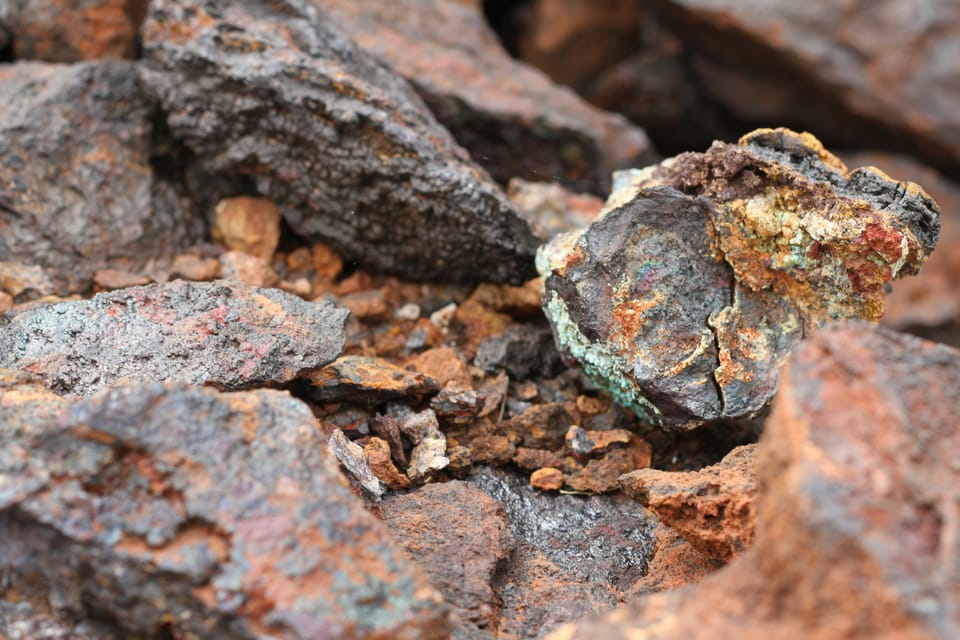Coalition calls for civil society-driven critical mineral supply chain standard

A coalition of NGOs working for a sustainable and equitable electric vehicle value chain is urging the International Standards Organisation (ISO) to put civil society at the centre of its upcoming critical mineral supply chain standard.
The Lead the Charge Coalition, which includes campaigns such as Inclusive Development International, Mighty Earth and the Sierra Club, today published a list of six recommendations for the development of an industry standard that would make the energy transition just, fair, and truly sustainable.
The recommendations come as the ISO is running workshops to develop an International Workshop Agreement on ‘Sustainable critical mineral supply chains’ (known as IWA 45) to ensure the rapid ramp-up in production of minerals such as lithium, cobalt and nickel, necessary for the low-carbon economy, doesn’t lead to social or environmental abuses.
This has been a central focus for all mining stakeholders in recent months: for example, the Global Investor Commission on Mining 2030 is an initiative through which investors managing US$11 trillion have committed to lifting sustainability standards in mining as a way to “steward the sector to meet future demand in a socially and environmentally responsible manner”.
For Lead the Charge, nothing can replace mandatory legal frameworks “accompanied by strong enforcement capacity”, to ensure that critical mineral supply chains do not harm Indigenous Peoples and lands, communities, workers and the environment. (In that sense, the EU’s Corporate Sustainability Due Diligence Directive or CSDDD is probably a step in the right direction, despite its now reduced scope.)
“Because ISO standards are non-binding, they should not and cannot replace the need for strong laws and requirements on companies to respect human rights. However, there are fundamental criteria that standards must include to be credible and effective at protecting people and the planet,” said the coalition in a statement.
Six principles for ethical critical mineral supply chains
Among the recommendations made by Lead the Charge is a requirement for the standard to “have equal and shared governance with affected rights holders and civil society organisations”, a foundation the coalition considers necessary to ensure that “independent nongovernmental organisations are not replaced by groups effectively representing industry interests”, including financial institutions, trade associations, or organisations funded or by mining companies.
Second, the ISO critical minerals standard should require the “explicit, full protection of Indigenous Peoples and their rights, including the right to Free, Prior, and Informed Consent (FPIC)”. According to the group, violations of indigenous rights are a constant concern in mineral supply chains, and one that mining companies have historically been unable to mitigate.
“Proposals to require ‘consultation’ do not meet this standard and are neither legitimate, credible, nor capable of upholding the state and corporate responsibilities to respect and uphold these rights,” it warns.
The standard should also require human rights and environmental due diligence aligned with the United Nations Guiding Principles on Business and Human Rights (UNGPs) and Organization for Economic Cooperation and Development (OECD) Guidance for Responsible Business Conduct, which go far beyond the current levels of industry due diligence.
It should specify that any audits or certification schemes “have equal and shared governance with civil society organisations and affected rights-holders” to ensure the results of the audit are transparent and high in integrity; set strong environmental standards and a lifecycle approach to environmental management; and embed minerals circularity as a requirement for sustainable mineral supply chains.
The coalition also points to the Initiative for Responsible Mining Assurance (IRMA) as “the strongest mining standard” that should serve as the baseline for any global guideline on critical mineral supply chains.
Read also: Supply chain sustainability and social impact – more integration needed







Member discussion